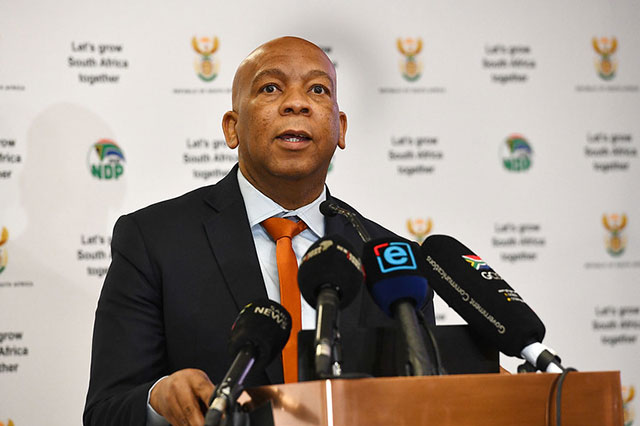Cape Town – Minister of Electricity Kgosientsho Ramokgopa has told the Portfolio Committee on Public Enterprises that load shedding is a critical issue with significant economic and social implications, necessitating immediate intervention.
Ramokgopa said that the South African economy might be losing up to R1 billion a day due to load shedding, leading to the potential loss of over 800 000 jobs in the current year.
He highlighted the urgent need for intervention.
“This is severe. The amount of jobs that have been lost as a result of load shedding are projected to be upwards of 800 000 just for the current year, if you were to go by the modelling that has been done by some of the reputable institutions.
“I’m trying to convey the message that we are dealing with a major problem that undermines the overall growth of the South African economy,” he said on Wednesday.
The minister said that to address the crisis, President Cyril Ramaphosa introduced the Energy Action Plan (EAP), focusing on five outcomes.
ALSO READ | ‘Powerless’ Ramokgopa appointment poses fiscal threat, Scopa warns
These outcomes included fixing Eskom (the national power utility), enabling private investment in new generation capacity, accelerating procurement of new capacity from renewables, gas, and battery storage, promoting investment in rooftop solar PV for businesses and households, and ensuring transparency in cost allocation and tariff determination.
Ramokgopa detailed efforts to improve the availability of existing power supply, focusing on Eskom’s coal-fired power stations, the Koeberg Nuclear Power Station, and imported hydroelectric power from Mozambique. He also emphasized the importance of attracting private sector investment to support new generation capacity, citing reforms introduced on the generation side.
Regarding Eskom’s overall performance, the minister reported a positive trend in available capacity, with efforts underway to address factors contributing to increased load shedding. He mentioned the importance of better planning, timely unit returns, and gradually reducing the intensity of load shedding.
Ramokgopa acknowledged environmental challenges related to the Flue-gas desulfurization (FGD) unit and provided updates on returning units to normal operation. He highlighted a comprehensive health plan to mitigate environmental costs, with the goal of resuming normal operations by the end of 2024.
The minister also outlined four focus areas, including the facilitation of renewables, as part of a broader strategy to address the challenges facing South Africa’s electricity supply, acknowledging the aging infrastructure and committing to a decarbonisation agenda.
Follow African Insider on Facebook, Twitter and Instagram
Picture: Twitter/@SAgovnews
For more African news, visit Africaninsider.com
Compiled by Betha Madhomu


